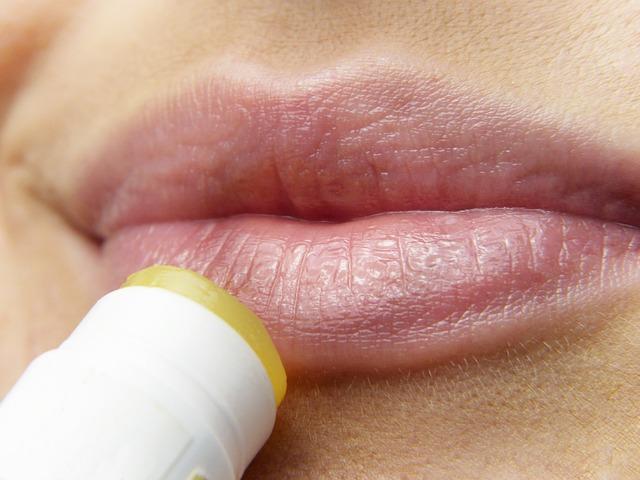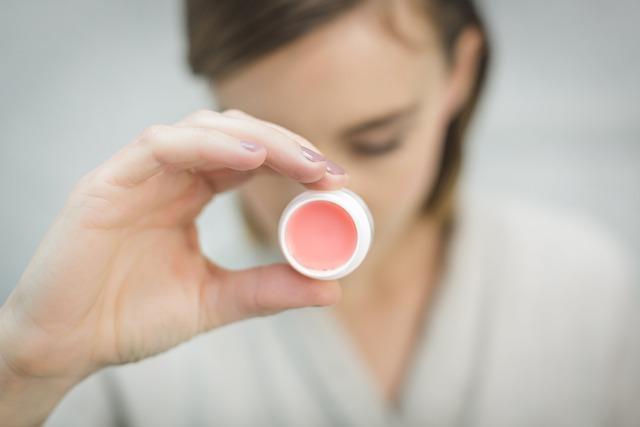In the realm of beauty essentials, lip balm is often hailed as the ultimate savior for parched lips. We trust its silky promise to transform our cracked, winter-worn mouths into supple, kissable canvases. Yet, as you reach for that trusty tube, a question lingers: could this beloved balm be betraying us? In an ironic twist, what if the very potion designed to hydrate is slyly leaving our lips thirstier than before? Welcome to the paradox of lip balm—a curious tale where the quest for moisture may lead us into a cycle of dependency. Join us as we peel back the layers of this conundrum, uncovering whether your lip balm is a genuine ally or a cunning culprit in disguise.
Lip Balm Ingredients Unveiled: Are They Really Moisturizing?
When it comes to lip balm, the promise of moisturizing bliss is often the main selling point. However, have you ever scrutinized the ingredient list on your favorite lip balm? Let’s delve into some common components and uncover whether they truly hydrate or just create the illusion of moisture.
- Petroleum Jelly: Often touted for its moisture-locking properties, this ingredient forms a barrier on your lips. While it prevents moisture loss, it doesn’t actually hydrate.
- Beeswax: Known for its protective qualities, beeswax offers a natural way to seal in moisture. Yet, without hydrating agents, it might not deliver the full moisture boost your lips crave.
- Lanolin: Derived from sheep’s wool, this ingredient is highly effective at moisturizing. However, it can sometimes cause allergic reactions, so it’s not for everyone.
- Shea Butter and Cocoa Butter: These natural emollients not only lock in moisture but also nourish the skin, making them true moisturizing heroes.
Next time you reach for that lip balm, consider what’s inside. The right ingredients can make the difference between genuine hydration and just a temporary fix. Keep your lips genuinely moisturized with products that combine protective barriers with real nourishing agents.
Breaking the Cycle: How to Choose the Right Lip Balm for Lasting Hydration
In the quest for soft, supple lips, the right lip balm can be a game-changer. Yet, many find themselves in a frustrating cycle of applying balm after balm, only to end up with lips that feel drier than before. The secret to breaking this cycle lies in choosing a balm with the right ingredients. Natural oils like coconut, jojoba, and almond provide deep hydration without suffocating your skin. Beeswax and shea butter are excellent for creating a protective barrier that locks in moisture, while still allowing your lips to breathe. Avoid balms with synthetic fragrances and flavors, which can irritate and dry out the delicate skin on your lips.
When selecting a balm, pay attention to the texture and application experience. A good balm should glide on smoothly, providing instant comfort without feeling greasy or heavy. Opt for products labeled as fragrance-free or hypoallergenic if you have sensitive skin. remember that less is more; apply sparingly and as needed, rather than habitually. By choosing the right product, you’ll transform your lip care routine into a simple yet effective ritual, ensuring your lips remain hydrated and healthy, season after season.

Expert Tips for Healthier Lips: Balms to Embrace and Ones to Avoid
When it comes to lip care, not all balms are created equal. To ensure your lips stay luscious and hydrated, it’s crucial to select products that nurture rather than hinder. Embrace balms rich in natural ingredients like shea butter, beeswax, and coconut oil. These components provide a barrier against harsh elements while infusing your lips with moisture. Look for balms that include vitamin E or aloe vera, known for their healing and soothing properties, which can help repair cracked or chapped lips.
On the flip side, certain balms might be doing more harm than good. Avoid those that contain menthol, camphor, or phenol, as they can lead to irritation and ultimately dry out your lips further. Steer clear of balms with artificial fragrances and dyes, which can be harsh and cause allergic reactions. Remember, the simpler the ingredients list, the better for your lips. Choose wisely, and let your lips be a testament to your expert care and attention.



